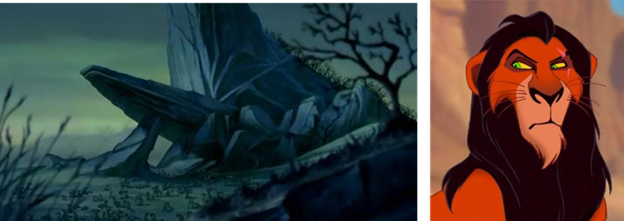What Do You Stand For?
Most businesses don't survive their founders.
It's a sobering truth we both know. Founders are a rare breed — they absorb tremendous pain to get something off the ground. They're maniacs on a mission. (Mission is a word I'll come back to.)
Isadore Sharp, founder of Four Seasons, once said that "excellence is the capacity to withstand pain." Elon Musk describes starting a business as "chewing glass and staring into the abyss."
These are people thinking bigger than themselves.
(A founder is someone thinking bigger than oneself.)
But businesses often get fumbled after the founder leaves. That's why family businesses carry so much baggage. You've probably heard these phrases:
Here are some common phrases in the family business world: (WARNING - they might sting or hit close to home…)
"They got the business, but not the blueprint."
"Heirs, not builders."
“From shirt sleeves to shirt sleeves” (in three generations)
"The name stayed, but the soul left."
“G1 starts it. G2 grows it. G3 blows it.”
As a fourth-generation family business, we fight these stereotypes every day. Each morning feels like a new Day 1.
There's one question I think about that cuts through all the noise about generational decline. It predicts the health of current leadership. It reveals whether the next generation is truly ready. It even works as a parenting filter.
What do you stand for?
Think about your worst boss ever. What did they stand for?
I'm guessing your answer boils down to one word: SELF.
(Your worst boss stood for SELF).
Leading for self is leading from the outside in—chasing external validation, seeking approval, accumulating symbols of success. It's not durable. But it's everywhere in our noisy world.
When happiness depends on external factors, you end up in barren lands. The leader tied to external things sleepwalks through life, subject to every shiny temptation the world offers.
Standing for self leads to a pursuit of horsepower and square footage. The world encourages this love of luxury, this hunger for status.
It leads to misery.
Think Scar. The dude was miserable.
Warren Buffett says, “The world doesn’t run on greed, it runs on envy.”
In a family business, we must be mindful of what we stand for. If we want to remain durable across generations, we need to avoid the Scar mentality. Those who come next need to mute the world's noise and start a journey from the inside out.
Now think about your best boss or coach. What did they stand for?
I guarantee your answer distills to: OTHERS.
Leading from the inside out.
Think Mufassa.
He lived for others. He lived with a purpose. He lived for the circle of life.
This leads to a love of service. A love of the work. A love of the journey.
If we want to transcend generations, our actions must align with standing for others. Transcending generations isn't just a competitive advantage in business — it's the most incredible leadership journey you can take. It brings Sunday into Monday.
It allows us to become the best versions of ourselves.
It allows us to create businesses that unleash the non-linear superpower of compounding.
Most companies don’t do this because it’s hard.
That’s the beauty of family business.
We can build something people feel. (HUMAN)
We can build something worth passing on. (STEWARDSHIP)
We can unleash the power of taking something very serious for a very long time. (COMPOUNDING)
Standing for others is part of the DNA of a family business built for centuries.
How will you stand for others this week?
Onward,
Matt


